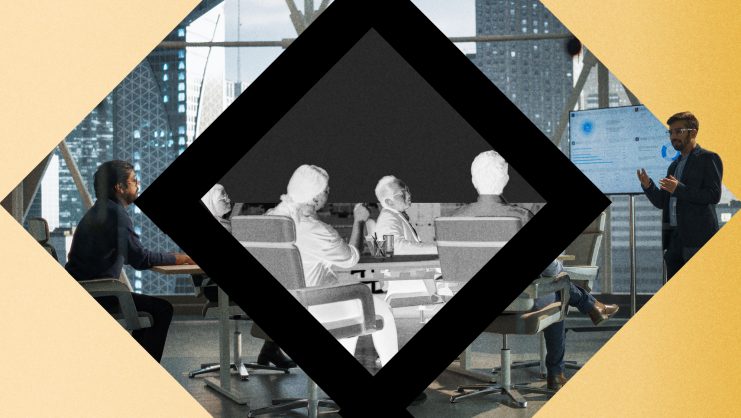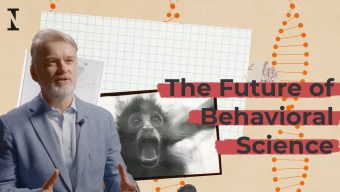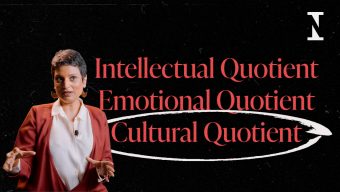Experience tells us that today’s business world increasingly poses challenges that require people to be better equipped to deal with change. In this context, the Gestalt approach, championed by Abraham Maslow, is one of the best suited to developing that human potential in the change process.
Gestalt, a school of psychology that originated in Germany, helps us experience change as a process of satisfying needs consisting of several stages, which are completed one by one and repeated in a process of continuous updating. It approaches this process of change in three main ways: first, by focusing on the person; second, by working with paradoxes; and third, by relying on resistance.
The Person in Change
We tend to view change as a process concerning the organization: how will the change affect the company? However, the people who make up a company are more likely to experience change and its implications as a personal matter: how does it affect me? Therefore, in the Gestalt approach, the focus is on how to work with each person’s individual interests and needs, paying attention to individual responses and dynamics within the group and organizational context. In this regard, although we know that people tend to adhere to the status quo, we also know that a timely external stimulus can become a magical moment of change toward transcendent personal growth.
It is difficult to sustain and maintain change without changing the underlying meanings that influence people’s behavior.
Working with Paradoxes
In addition, there are paradoxes, meaning things often seem to be the exact opposite of what they are. For example, we can infer that the masks people wear to be accepted, recognized, and loved hide faces of sad disappointment, due to their belief that they have been or will be rejected by those they love. However, the process can work the other way around. Once someone understands that she is a needed part of the team, she can start to acknowledge that it is alright to value and recognize herself. From there, she will be able to recognize others and expect others to recognize her. In short, it is difficult to sustain and maintain change without changing the underlying meanings that influence people’s behavior.
Perhaps the most fascinating thing about Gestalt is the fact that it is the gateway for people to enter a world in which it is natural to flow and to create possibilities, as in nature itself. This then becomes their main motivation, to destroy and suddenly question the processes of rationalization that do so much harm to the contact and relationships between people and even within each person, with him or herself.
The role of the change agent is to facilitate dialogue, to sustain and support in the process of destructuring and annihilation the person undergoes to transform.
Relying on Resistance
In Gestalt, resistance is the opposing force needed for change. The existence of change entails resistance. A crisis, imbalance, or frustration is how we reestablish contact with novelty. Crises or imbalances are thus necessary for growth and to update teams and systems; their purpose is to destructure so that we can continue to enjoy the present and the new. The difficulties arise when we lack the necessary resources or skills or our skills have grown rigid. The role of the change agent is to facilitate dialogue, to sustain and support in the process of destructuring and annihilation the person undergoes to transform. In this case, by taking into account the outer zone (what is happening in the outside world) and the inner zone (the cognitive, emotional, and bodily), the person will be able to gain clear and precise insights into where and how that resistance or tension is manifested and what it is that he or she needs.
Thus, change is promoted by supporting people in their “power” dynamic, rather than following a “business process,” where “power” is understood to mean the capabilities people achieve upon discovering that they can choose different responses in different situations. This happens when they recover the potential they had lost and understand the difference between playing a part and behaving authentically. For instance, a person may discover his need to be selfish in order to be generous, since one can only give what one has; the rest is only promises. Thereafter, he will begin to trust in his resources, take risks and transform his energies to effect changes.
© IE Insights.











